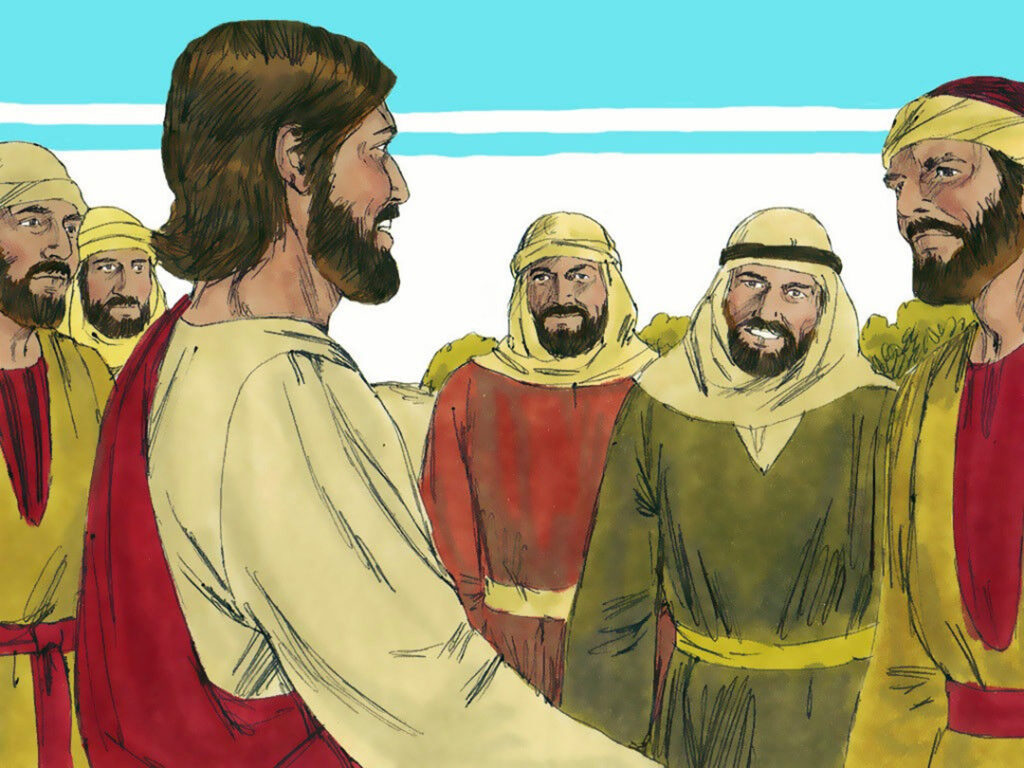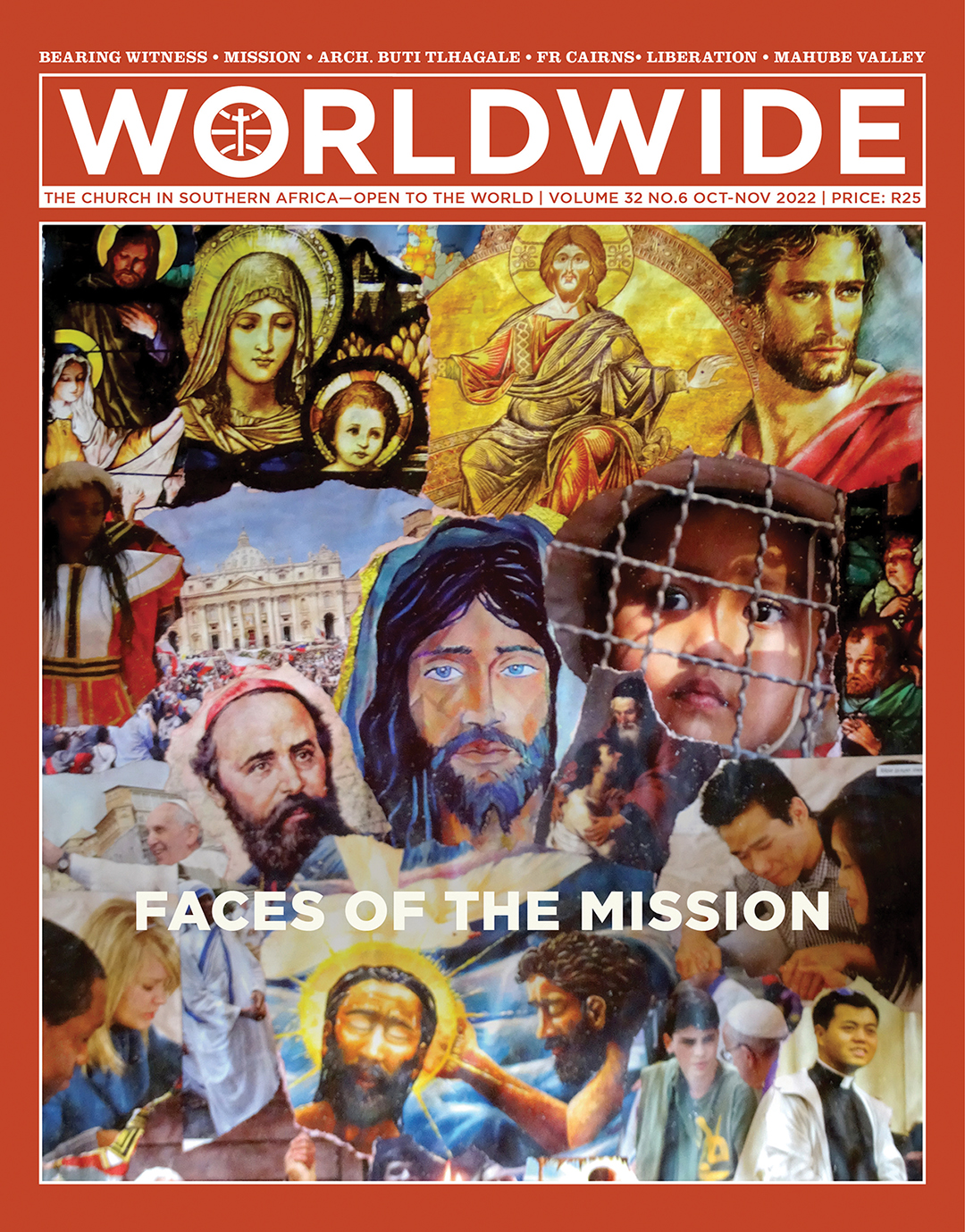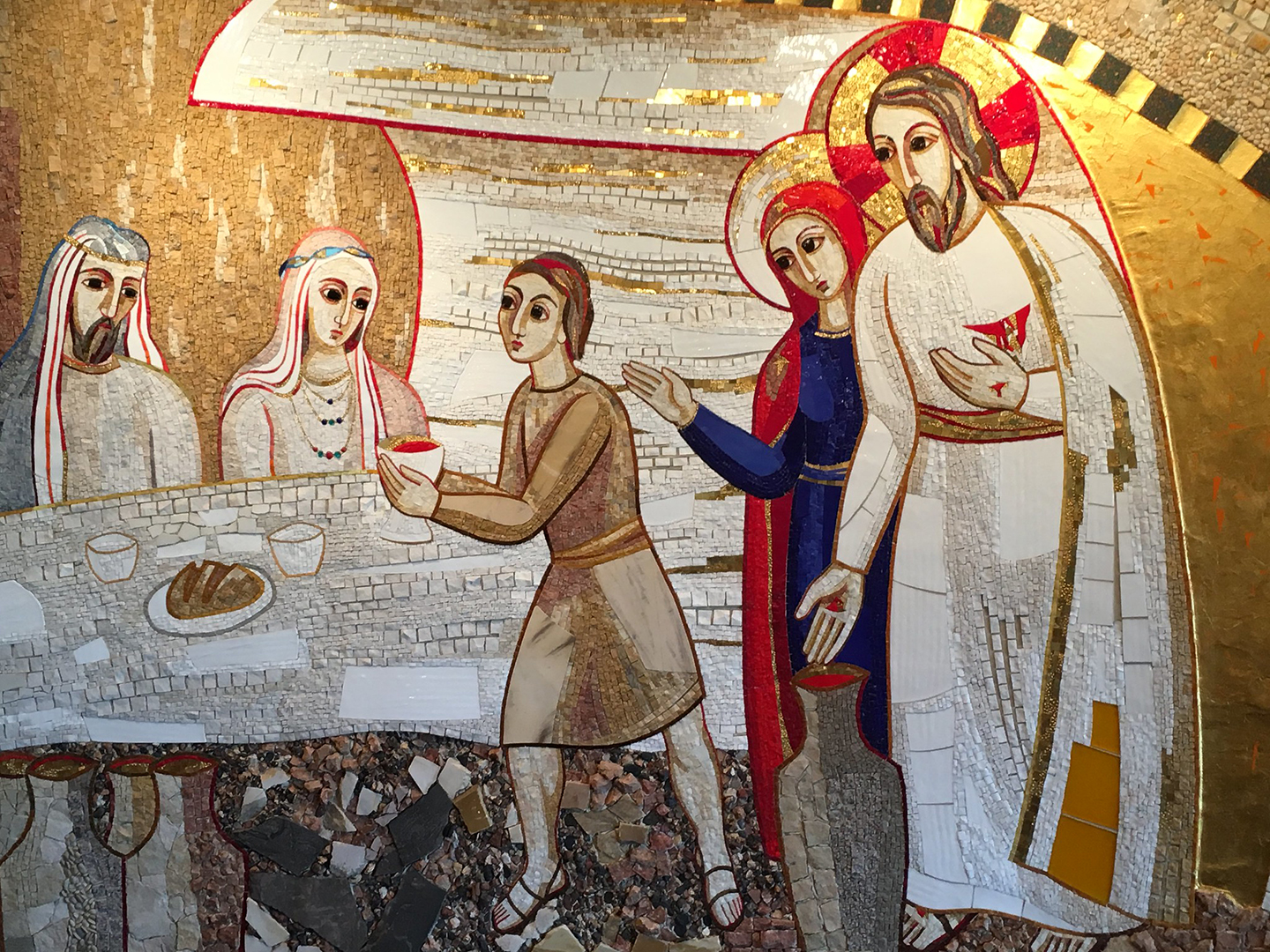THE LAST WORD • BEATITUDES

The sending of the Seventy-two (Luke 10: 1–16)
BY Fr Silvano Fausti SJ | Biblist and writer
The passage begins referring to Jesus sending the disciples: (‘The Lord appointed seventy-two others and sent them two by two ahead of Him to every town and place where He was about to go’ (Lk 10: 1), and ends with Him as being sent: (“whoever rejects me rejects Him who sent me” (Lk 10: 16).
The source of the mission is always the Father, who manifests His mercy for all His children. The Son is the first to be sent by Him because He knows the Father. Then, the Son sends those who recognise Him as their brother.
Though Luke carefully avoids duplicities in his Gospel, here, instead, he specifically —and he alone!—does it, taking up and extending the discourse of Luke 9: 1–6 where Jesus calls the Twelve, gives them power to drive out demons and to cure diseases, and sent them out to proclaim the kingdom of God and to heal the sick. He warns them not to take anything for the journey—no staff, no bag, no bread, no money, no extra shirt; stay in the same house and if people do not welcome them, leave that town and shake their dust off their feet.
Luke emphasises the apostolic (= missionary) importance of this text for his Church, and calls to continue the work of Jesus. That of the Twelve to Israel and the seventy-two to all peoples, constitute a single mission.
Through this identical and multiple mission of the one Lord, He becomes “One” King over all the earth (Zech 14: 9) and His name sanctified among all nations (Ez 36: 23). Unity and totality are the underlying concerns of the ‘Catholic’ Luke.
The mission stems from the love of the Father for all His children and ends in the love of the children for the Father and among themselves. It expands into an ever-widening horizon, until it embraces the ends of the earth: it is the circle of the Father’s arms, which is open to embrace all His children without losing any of them, because He does not leave any children out.
The mission stems from the love of the Father for all His children and ends in the love of the children for the Father and among themselves
The conditions of the mission of the Seventy-two, like that of the Twelve, are the same as those of Jesus. The difference is that He is the Son who left the Father and came to seek His brethren, to call sinners to repentance (Luke 5: 32) and to save the lost. (Lk 19: 10). The Twelve are called and the Seventy-two are appointed to collaborate in His work.
This mission, as from Israel, aims at reaching the ends of the earth; so, from Jesus it also extends to the ends of time. Then the Lord will come. “But it is first necessary that the Gospel be proclaimed to all nations” (Mk 13: 10). The final end of the mission is that the names of the disciples, in the name of Jesus, will be written in the heavens (Lk 1: 20), that is, in God.
This long discourse has an introduction: “the harvest is plentiful” (Lk 10: 2), that is, all humankind; anyone who knows the heart of the Father is solicitous for all their brethren. The discourse has an opening image, which gives colour to the mission: “lambs in the midst of wolves” (Lk 10: 3), under the banner of the shepherd who became a sacrificed lamb. This is followed by four instructions describing the mission in poverty (Lk 10: 4), and the specifications regarding the proclamation of the Kingdom: “say”, “dwell”, “eat”, “take care”, (Lk 10: 5–9). The announcement, urgent and necessary, takes place in a context of contradiction and rejection (Lk 10: 10–15). It ends by affirming that the mission of the disciples is the same as that of Jesus, sent by the Father (Lk 10: 16).


